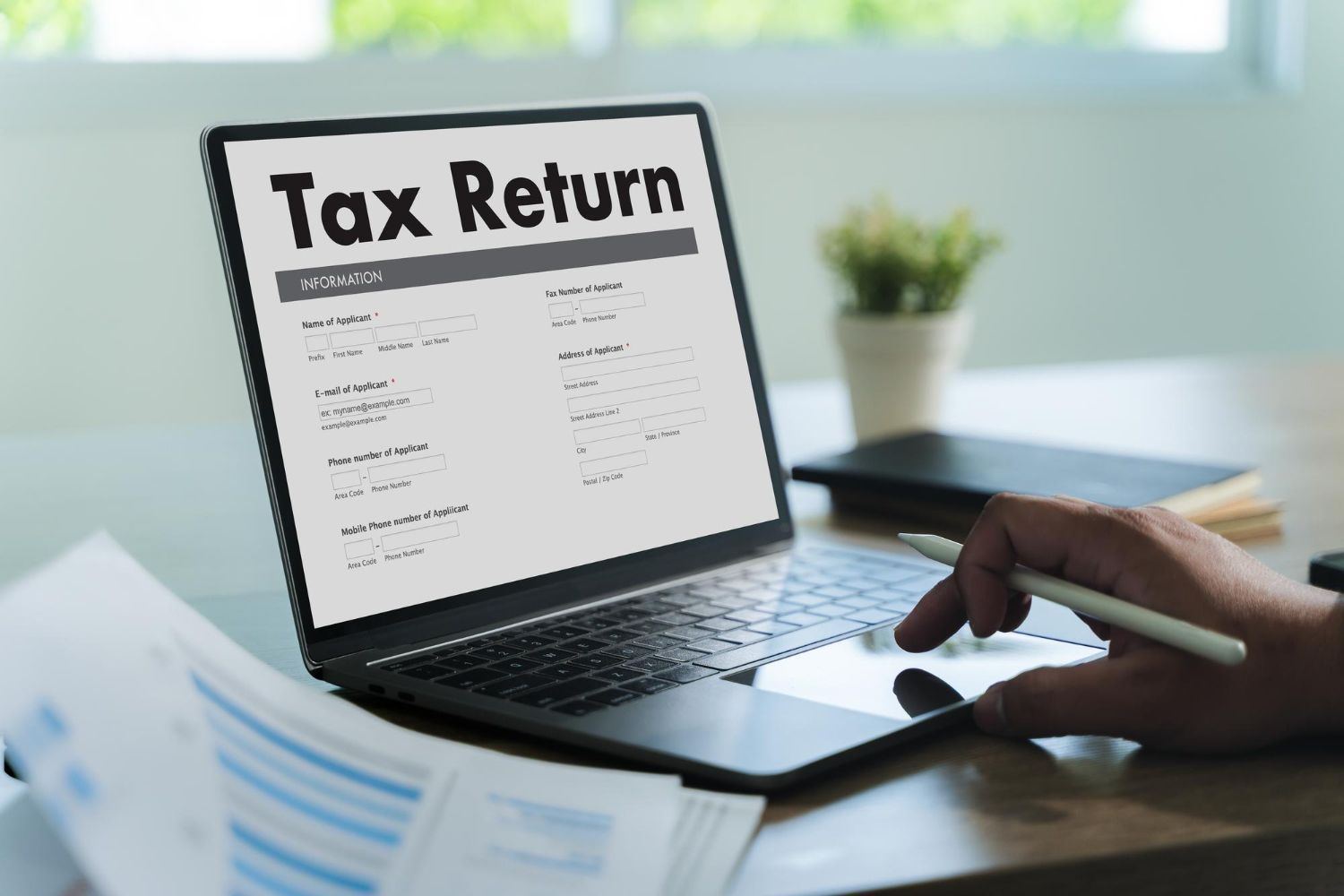Top Canadian ETFs for 2024
An Introduction to Exchange-Traded Funds
Exchange-Traded Funds (ETFs) are investment funds that offer investors the opportunity to invest in a diversified portfolio of securities, such as stocks or bonds, at market-determined prices throughout the trading day. Unlike traditional mutual funds, Canadian ETFs are open-ended, which means that new units can be created, and existing units can be redeemed on a daily basis based on investor demand. In contrast, closed-end funds and individual securities typically issue a fixed number of units or shares.
Investing in Canadian ETFs is an excellent way for investors to build a diversified portfolio at a low cost and avoid the high fees associated with most Canadian mutual funds. Whether you’re a seasoned investor or just getting started, we’ve compiled a list of the best ETFs in Canada to help you start your ETF journey. So, before you invest, take the time to understand the advantages and disadvantages of it and choose the ones that align with your investment goals and risk tolerance.

The Popularity in Canada for ETFs
Since the launch of the first Canadian ETFs in 1990, the use of it has been steadily increasing in popularity. As of 2021, Canadian ETF assets have exceeded $323 billion, with a more consistent inflow of funds into ETFs as compared to mutual funds. This popularity can be attributed to the numerous advantages that ETFs offer, such as their low costs and tax efficiency.
For those looking to create an investment plan in 2023, Canadian ETFs are certainly worth considering as a viable option. With their multiple benefits, ETFs have become a popular choice among investors in Canada.
A Guide to Different Types in Canada
Investors in Canada can choose from a variety of it that offer opportunities to generate income, speculate on market fluctuations, and hedge portfolio risks. Here are some of the most common types of exchange-traded funds:
- Stock ETFs
- Commodity ETFs
- Bond ETFs
- International ETFs
- Industry/Sector-specific ETFs
- Alternative ETFs
- Actively Managed ETFs
- Smart Beta ETFs, and more.
These Canadian ETFs have unique characteristics and investment objectives, so it’s important to understand their differences before making any investment decisions.
Also read: Demystifying Part XIII Income Tax
Top Canadian ETFs for 2024
With over 1,000 listed on Canadian exchanges, choosing the best ones can be daunting. The ideal Canadian ETFs for you depends on your risk tolerance, investment objectives, and overall budget.
For instance, if you don’t rely on your portfolio to cover daily expenses and are seeking a 15-30 month investment period, a growth portfolio with a higher than average risk profile might be suitable. Conversely, if you’re nearing retirement, you might prefer a conservative or balanced portfolio to avoid volatility.
Conducting research or collaborating with an investment advisor is crucial to determining the best options that meet your needs.
Top All-in-One Canadian ETFs to Invest in
Investors often struggle to find a diversified portfolio that aligns with their investment objectives and risk tolerance. All-in-one exchange-traded funds can make the selection process easier as they provide a one-stop-shop for investors. In this article, we highlight the top all-in-one Canadian ETFs for 2022.
- Vanguard Growth ETF Portfolio (VGRO) VGRO is an excellent choice for investors seeking long-term capital growth. The fund has a four-to-one equity-to-fixed earnings asset allocation ratio and provides exposure to 13,526 stocks and 17,779 bonds as of December 31, 2021. VGRO’s volatility rating is low to medium. The fund’s MER is 0.24%, and its net assets are $3.370 billion (February 4, 2022).
- Vanguard Balanced ETF Portfolio (VBAL) VBAL is suitable for investors who want a lower volatility ETF portfolio that offers both long-term capital growth and income. The fund aims for a 3:2 stock-to-bond ratio and has a low to medium risk rating. VBAL’s MER is 0.24%, and its net assets are $2.227 billion (as of February 4, 2022).
- Vanguard ALL-Equity ETF Portfolio (VEQT) VEQT is ideal for investors looking to tie up all their investments in one 100% stock. Compared to VGRO and VBAL, VEQT is more volatile and has a medium risk rating. The fund’s MER is 0.24%, and its assets are $1.864 billion (February 4, 2022).
In summary, all-in-one ETFs are an excellent choice for investors who want a diversified portfolio without the need for manual rebalancing. When selecting an ETF, investors should consider their risk tolerance, investment objectives, and budget.

Top Equity Canadian ETFs to Consider:
Investors can find ETFs that track various Canadian indices, such as the S&P/TSX 60, S&P/TSX Capped Composite Index, and FTSE Canada All Cap Domestic Index. Here are some of the best Canadian equity ETFs:
- Vanguard FTSE All Cap Index (VCN): This exchange-traded fund tracks the FTSE All Cap Index and is an excellent option for investors looking for broad exposure to the Canadian equity market.
- BMO S&P/TSX Composite Index (ZCN): This ETF seeks to track the performance of the S&P/TSX Composite Index and offers a low-cost way to invest in the Canadian equity market.
- iShares S&P/TSX Capped Composite Index (XIC): This ETF is designed to track the S&P/TSX Capped Composite Index and provides investors with diversified exposure to the Canadian equity market.
- BMO MSCI Canada Index (ZCAN): This ETF seeks to track the MSCI Canada Index and provides exposure to large and mid-cap Canadian companies across various sectors.
- Horizons S&P/TSX 60 Index (HXT): This ETF tracks the S&P/TSX 60 Index and is an excellent choice for investors looking to invest in Canada’s largest and most liquid companies.
The post Top Canadian ETFs for 2024 appeared first on DBM Accounting | David B. McKeand Professional Corporation.











